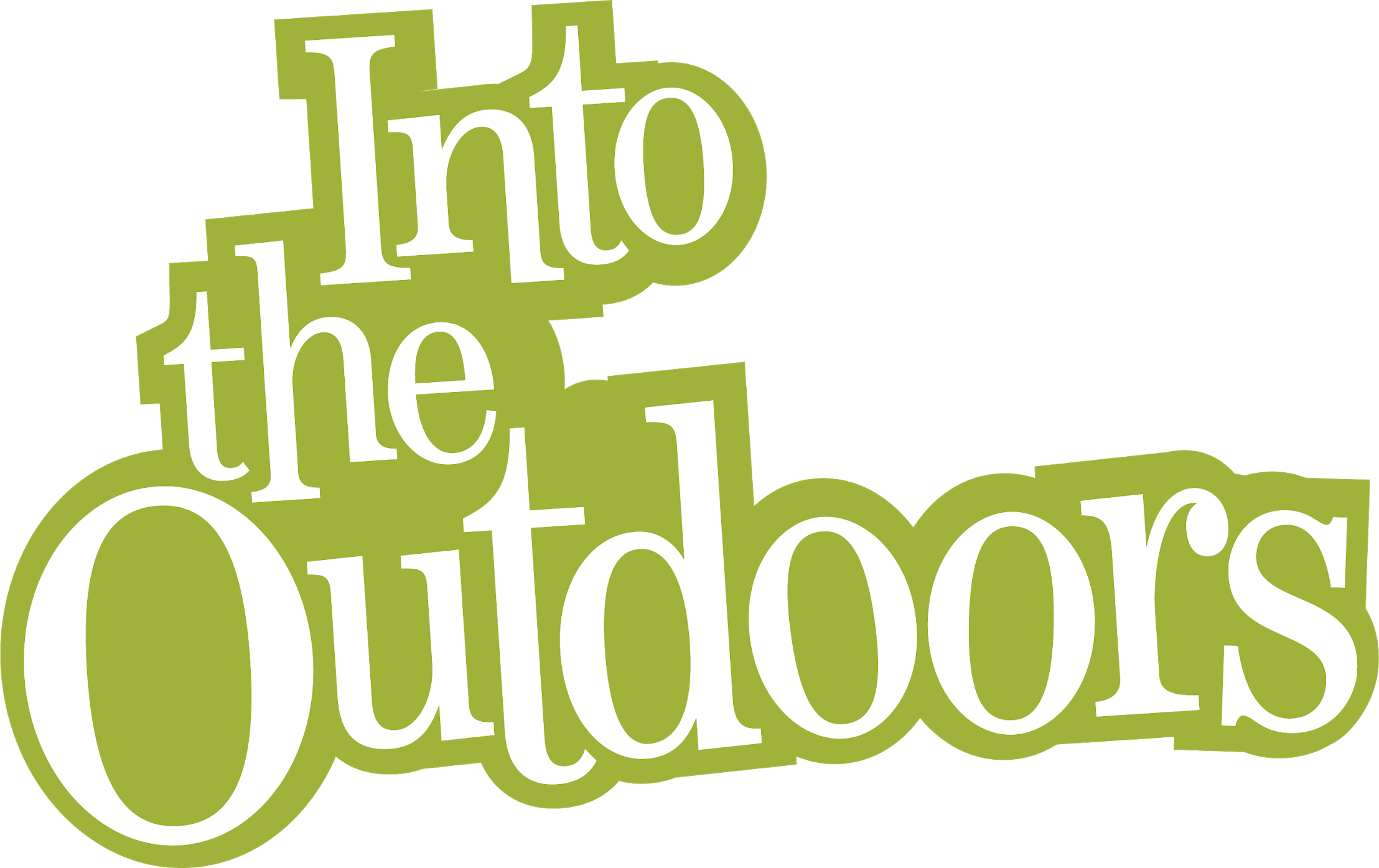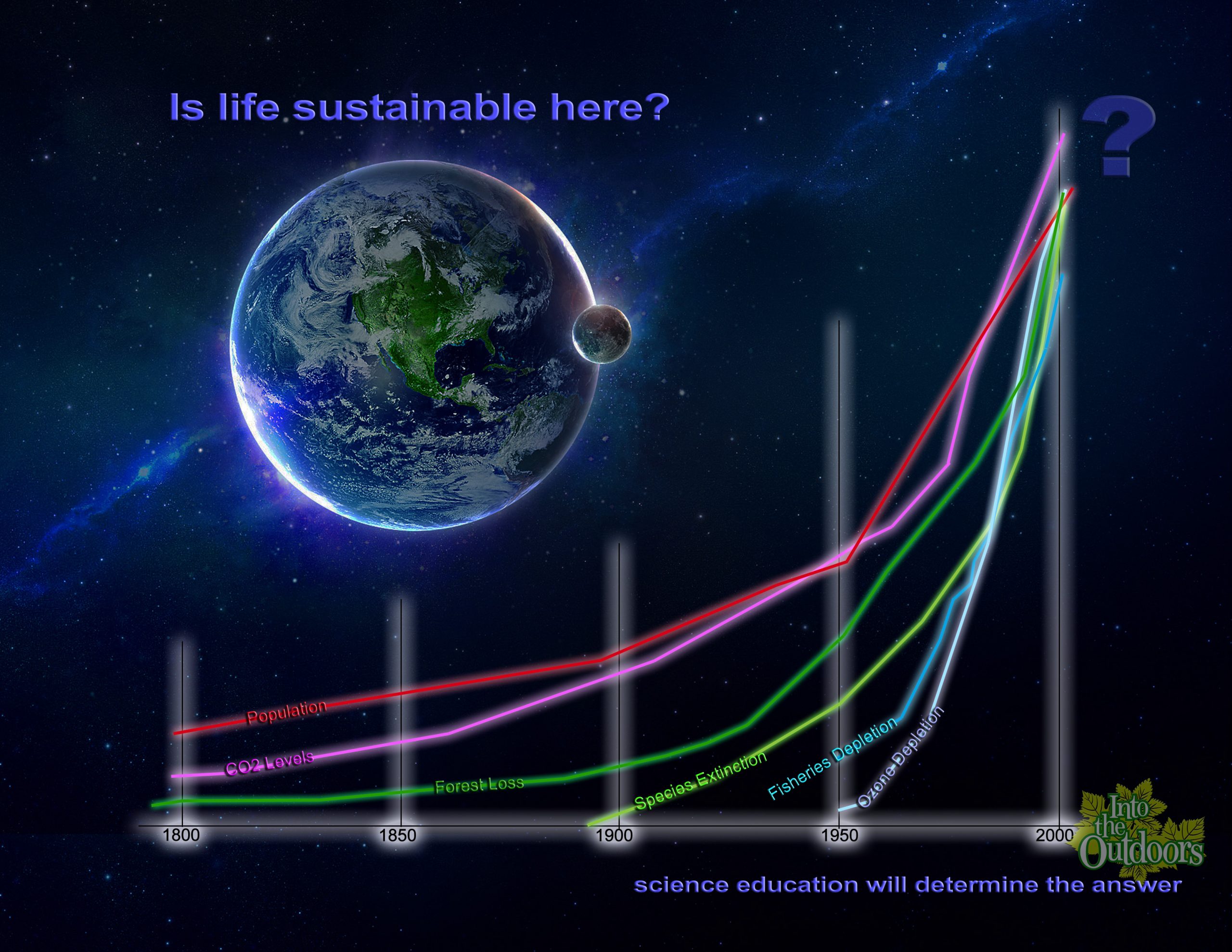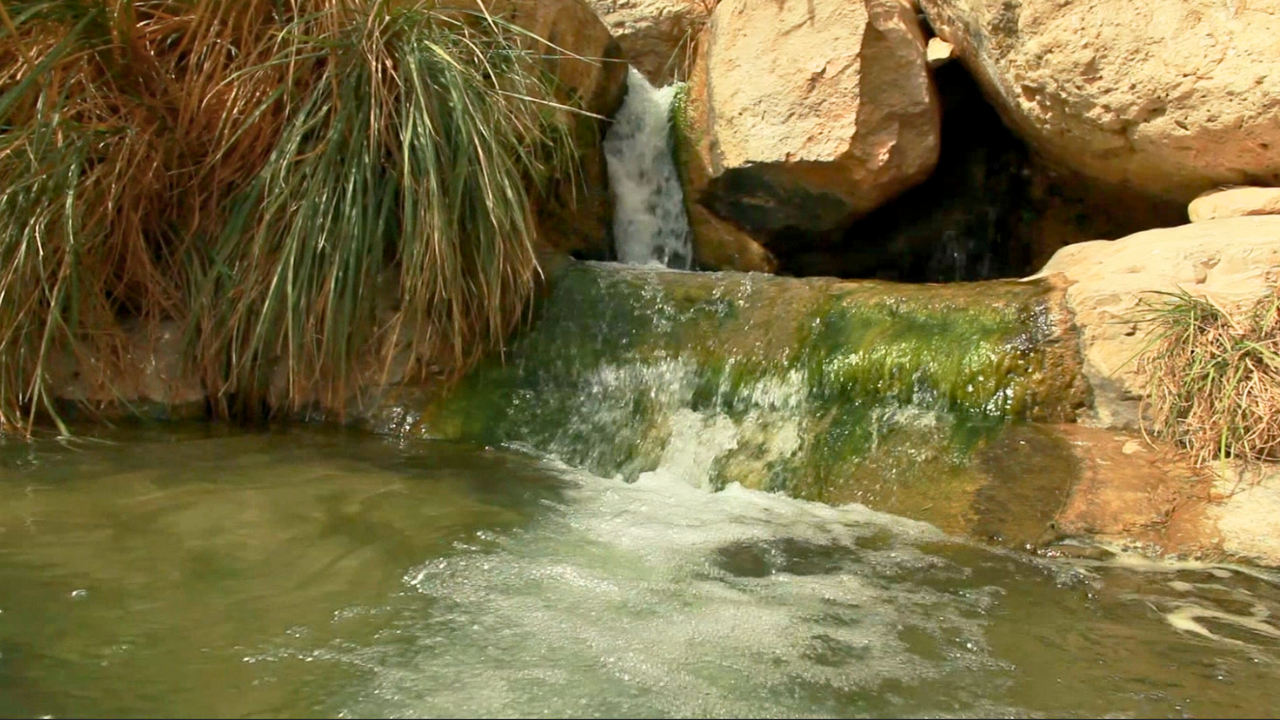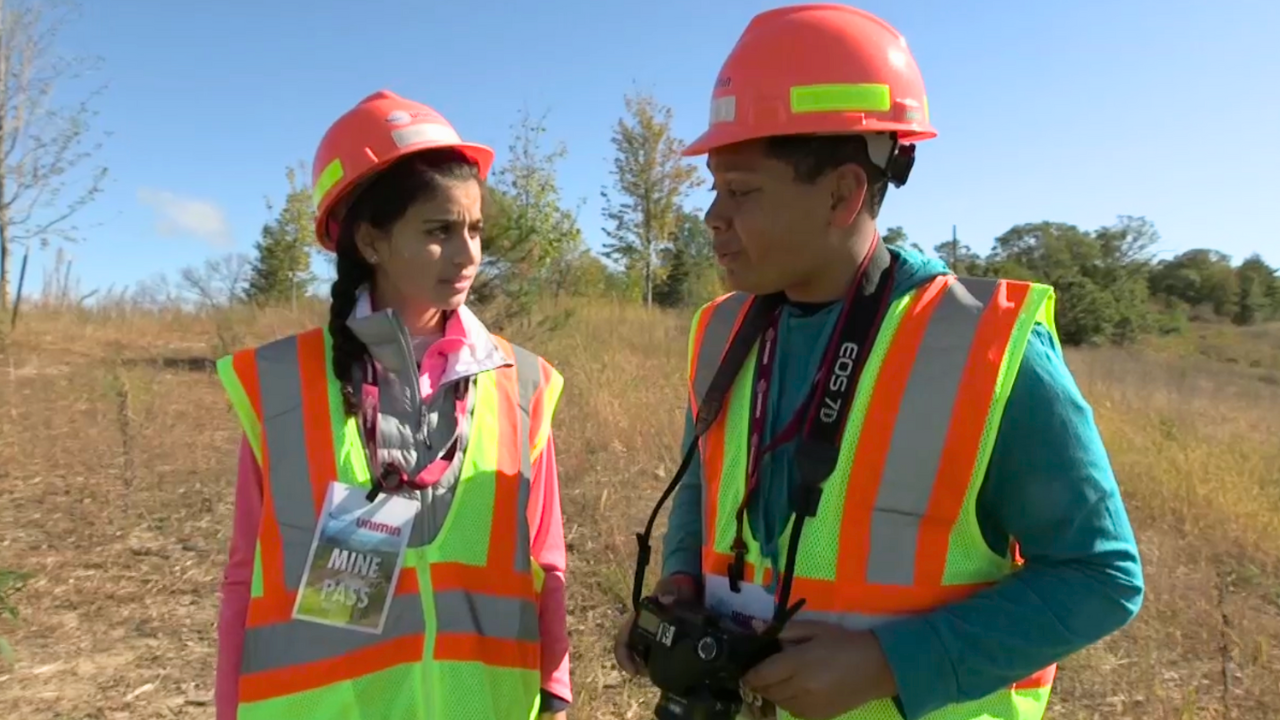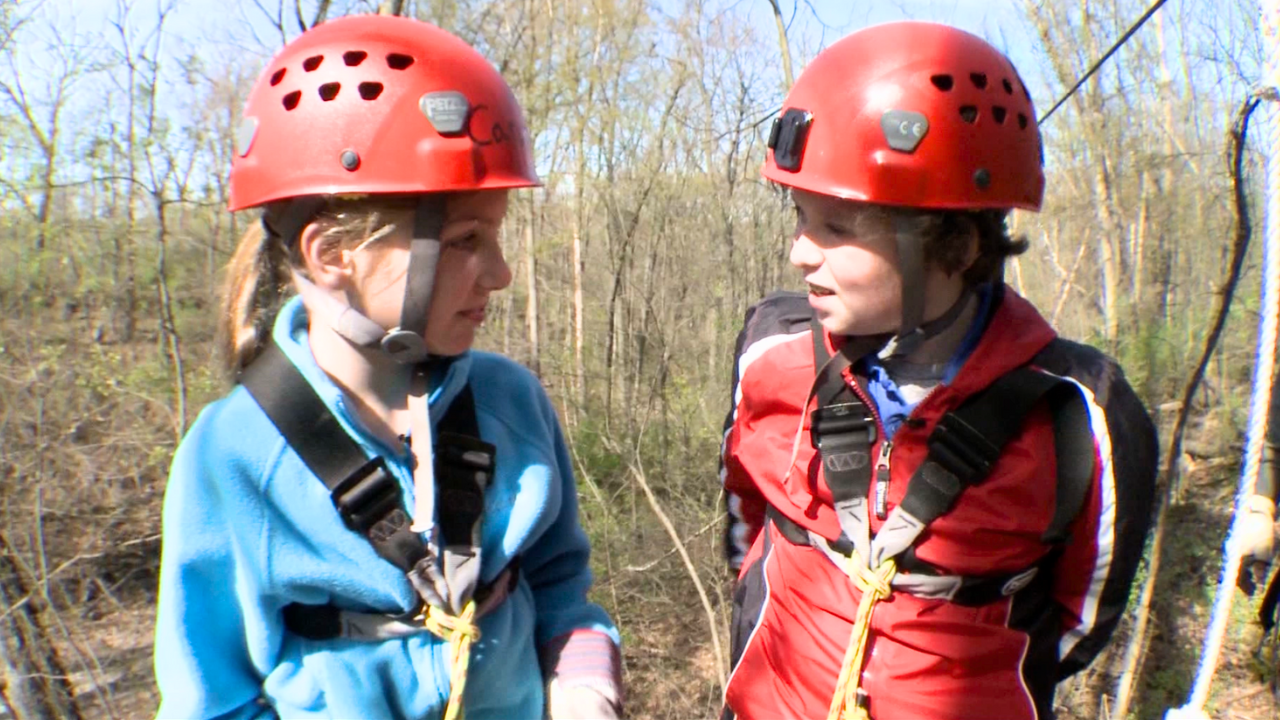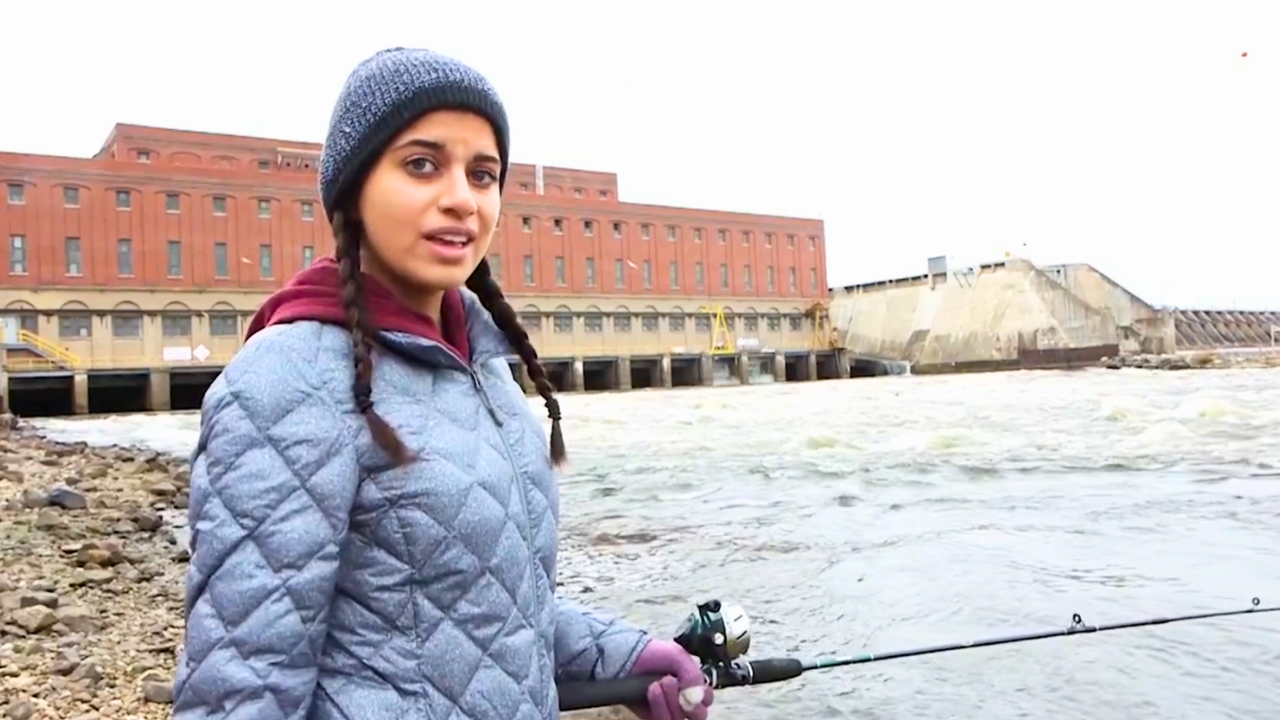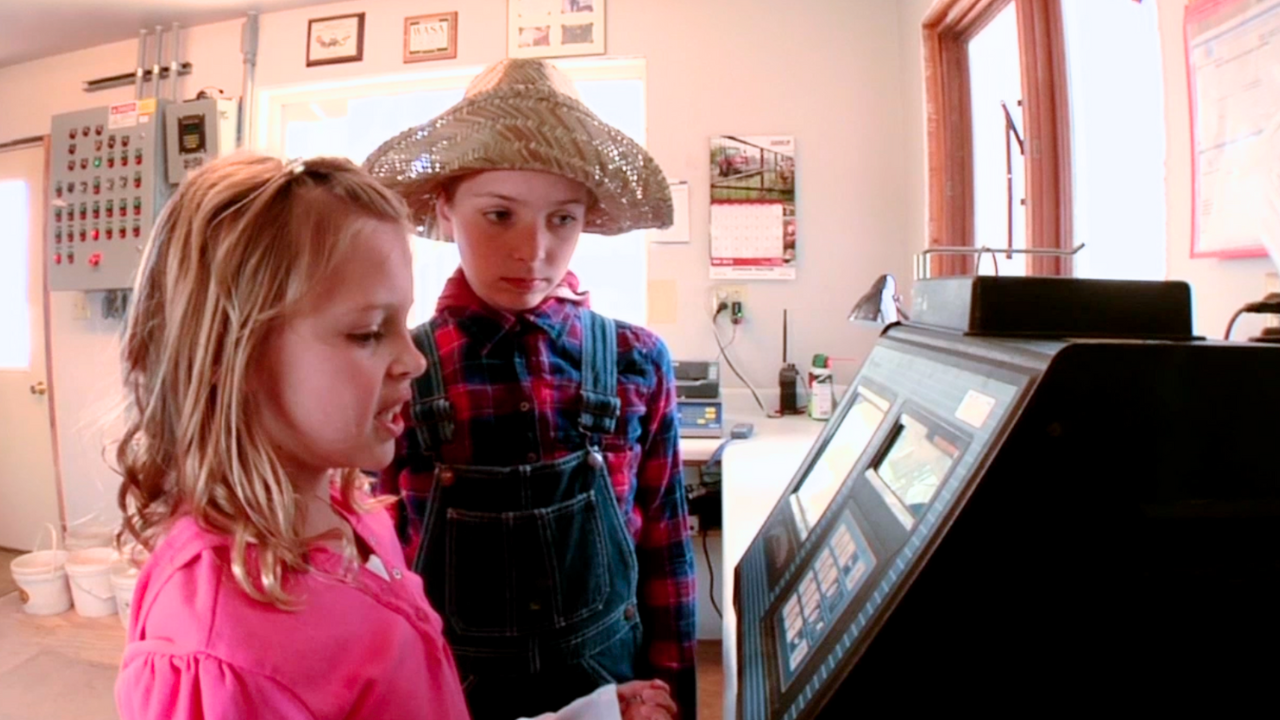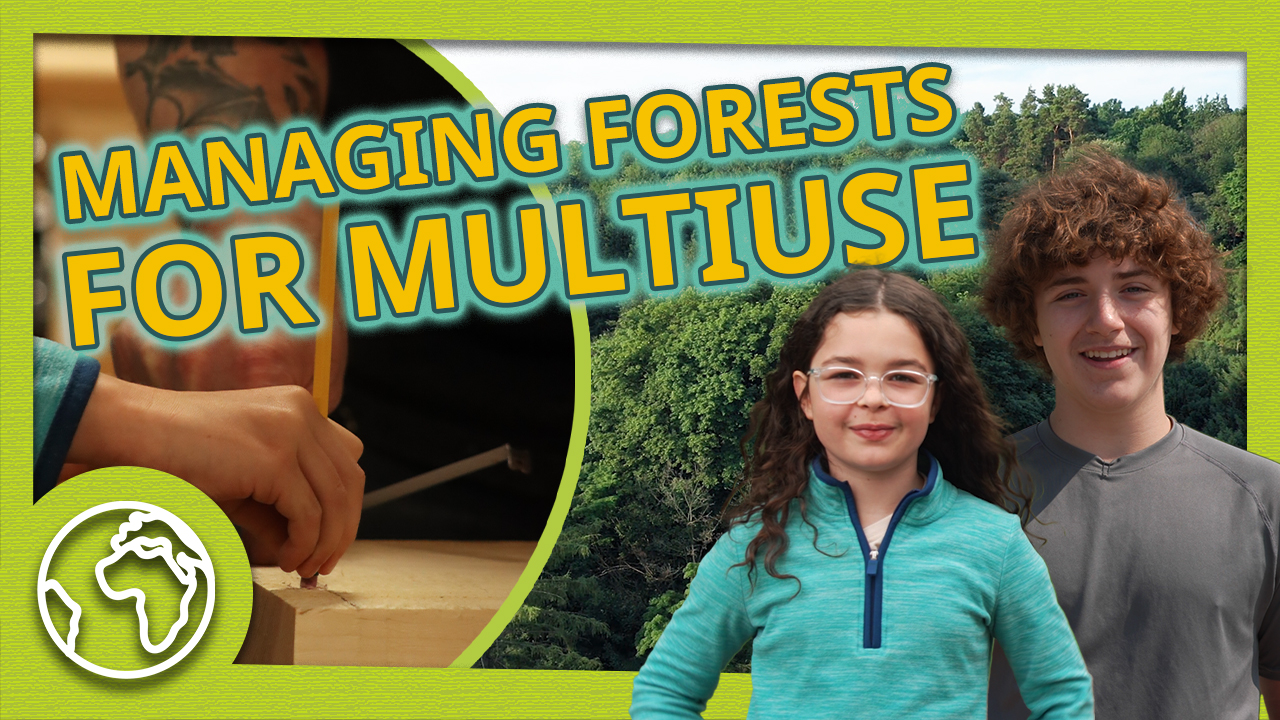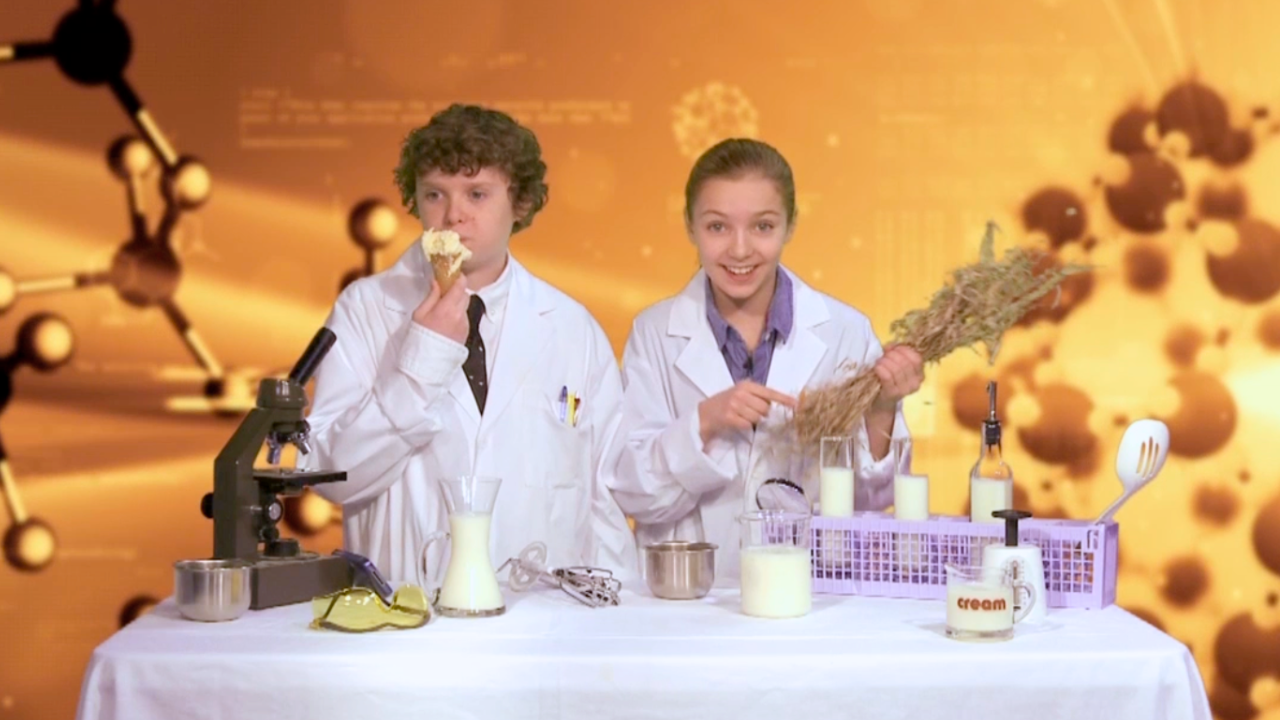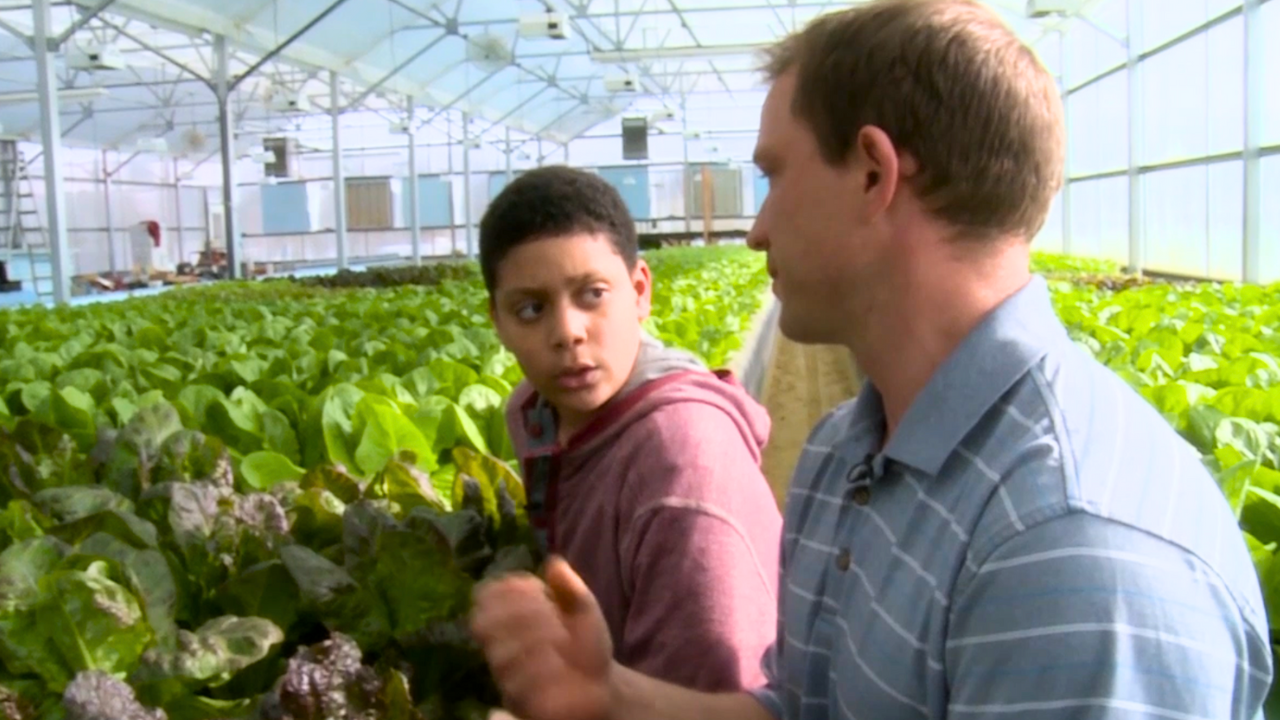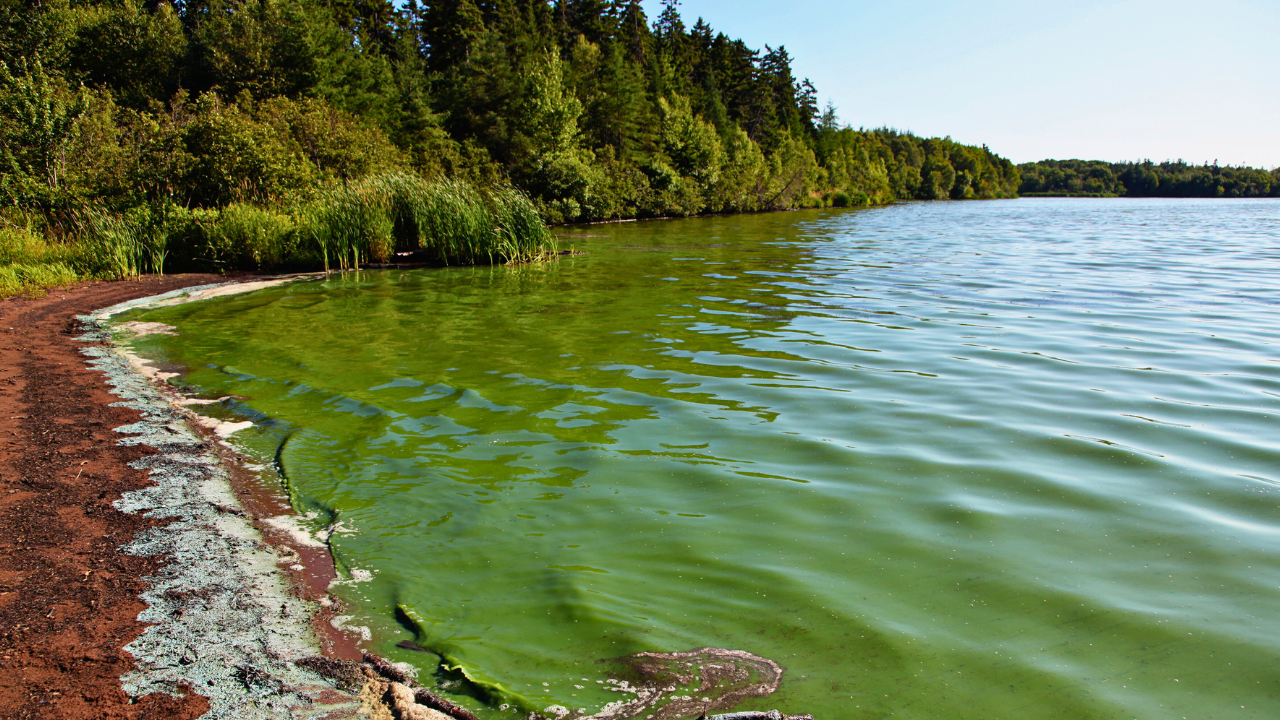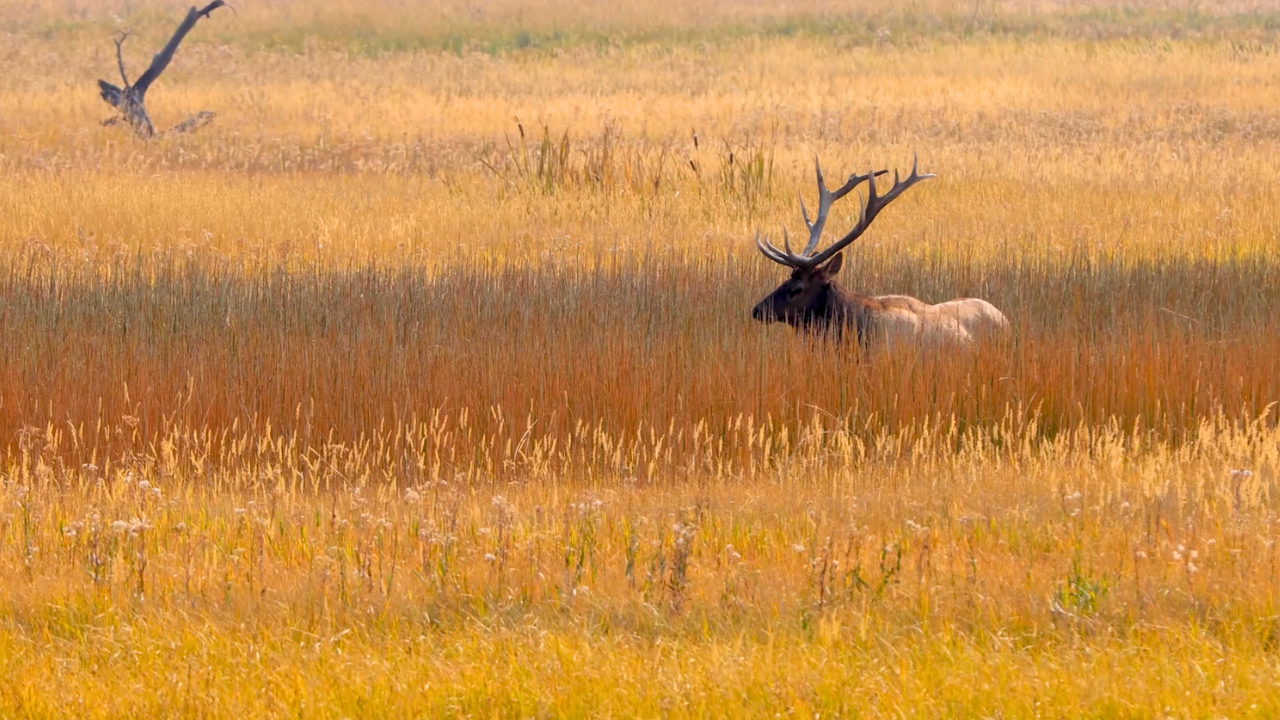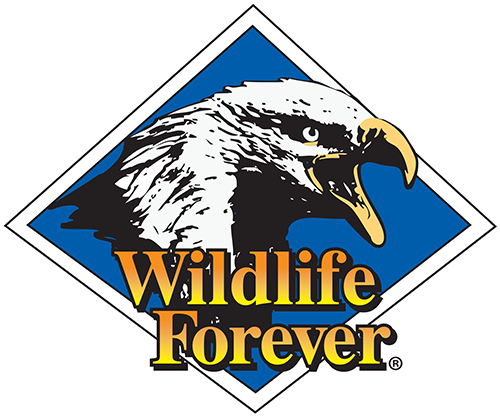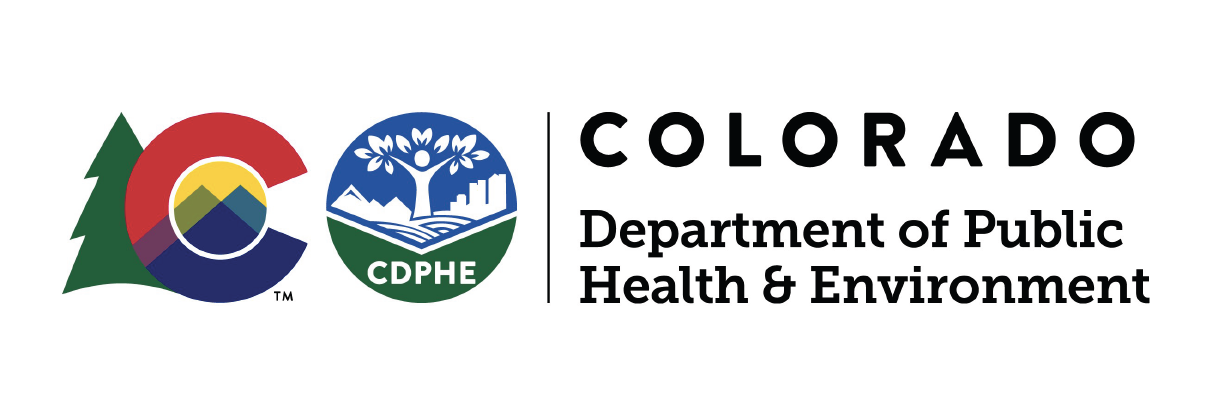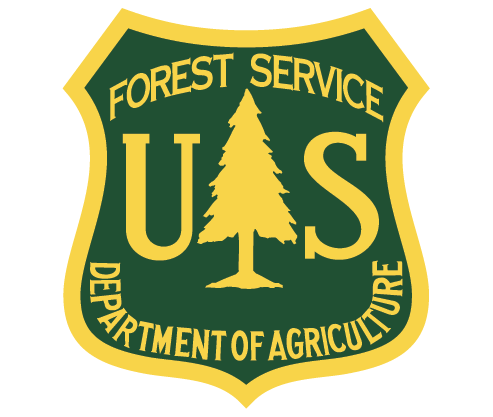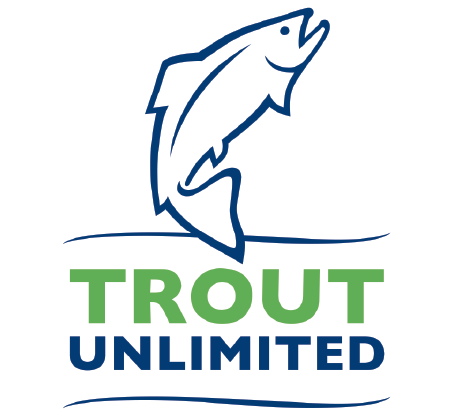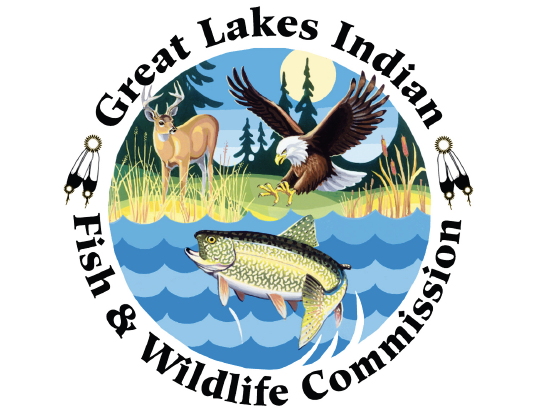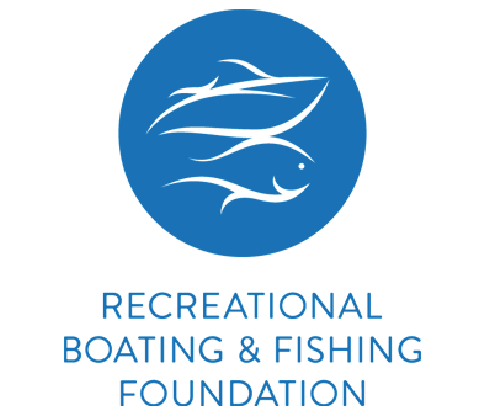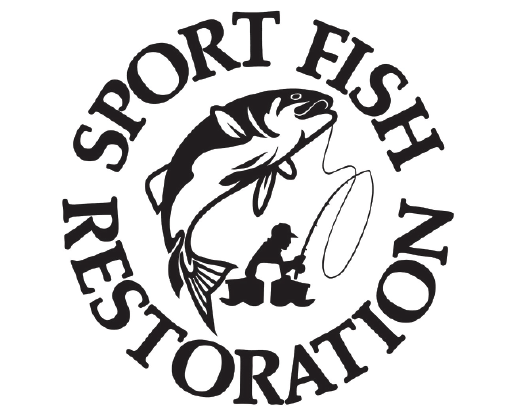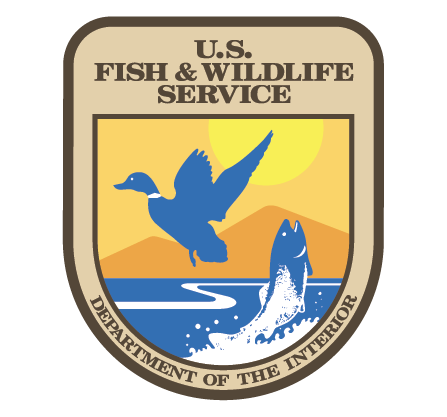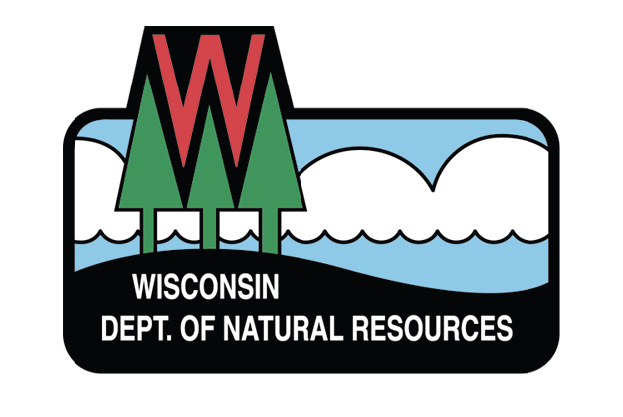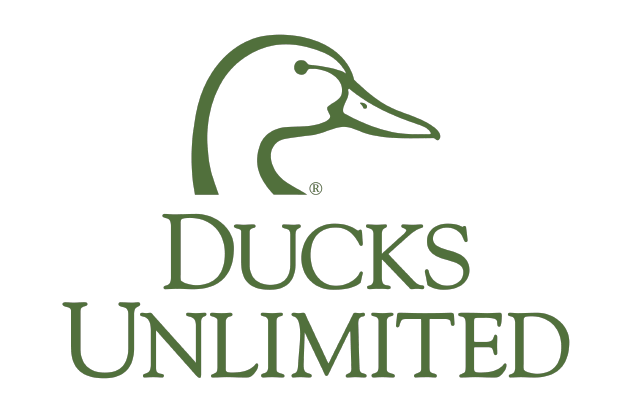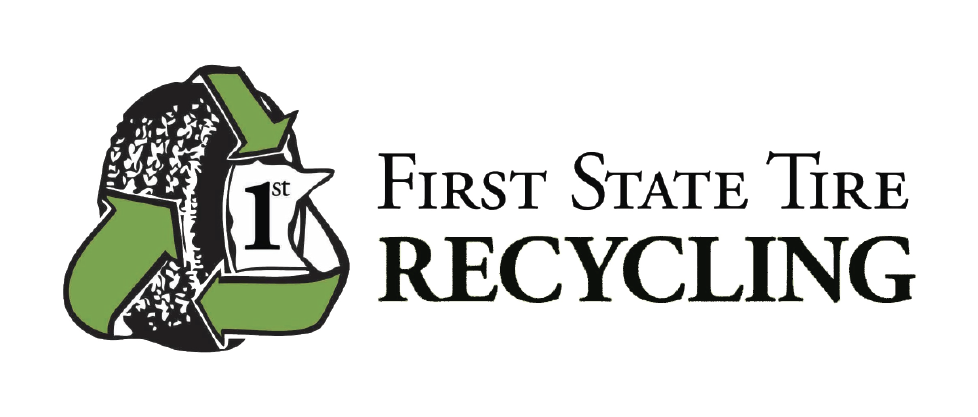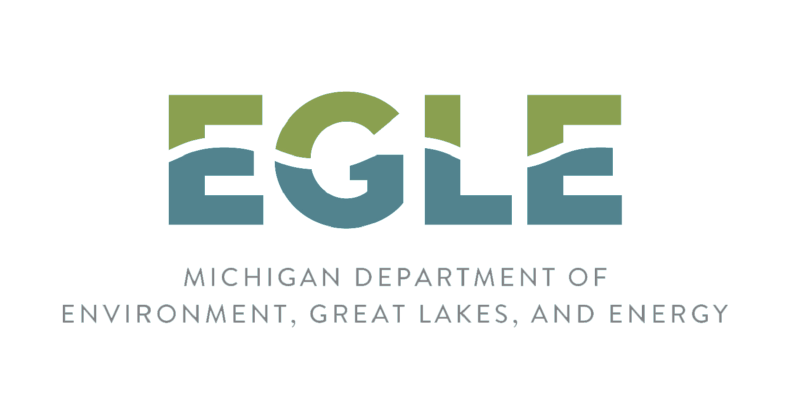So what exactly is this “sustainability” stuff? Discover the answers by watching the four parts of this science show and reading the information below. And to take this learning adventure into your classroom, have your teacher download the free Lesson Guide at the bottom of this page so everyone can share in the fun of this inquiry based learning.
By definition, it’s maintaining the conditions where humans and nature can coexist in productive harmony, that also fulfills the social, economic and environmental requirements of present and future generations of humans. In short, it means giving back as much as possible compared to what we take out of the environment. Or, more simply, sustainability is the capacity to endure. But hold on… we also need to consider what species to include when we think about the term “capacity to endure”.
Another way to look at how sustainability works is through Einstein’s Law of thermodynamics as it relates to the basic laws of nature and physics. You see, Einstein knew that matter can be converted into energy and energy converted into matter. An important concept there is that ENERGY can neither be created nor destroyed. That’s because it can only change form. Just think about a closed ecosystem that’s self-sustaining. We can’t see anything entering or leaving the ecosystem, but it keeps sustaining all the things that live there. So if you look closely enough, you can see examples of how Einstein’s law of thermodynamics works in sustainability.
In recent years, more scientists and environmentalists have expanded the study of sustainability into a whole new realm of scientific study. In fact, thousands of new programs and initiatives now focus on sustainability, in hopes of minimizing our consumptive impacts on the planet – you know, minimizing our footprint. To get some ideas on what and how sustainability can really work to make a difference, watch the four segments of this ITO episode. Then consider how you might apply what you’ve learned into your life at home or work to make a difference in our planet. Also take a moment to explore the pages and videos on the various resource links noted below. Explore all these websites and you’ll almost become a “sustainability wizard”.
Plus, the educational partner noted below supported the video content here for all of us to learn from. They also offer other learning opportunities on their website. Educators are encouraged to evaluate and consider their science sources. So click on their logo to discover more!
Full Video
Click on the image below to see or print a clearer version of our Planet’s sustainability
